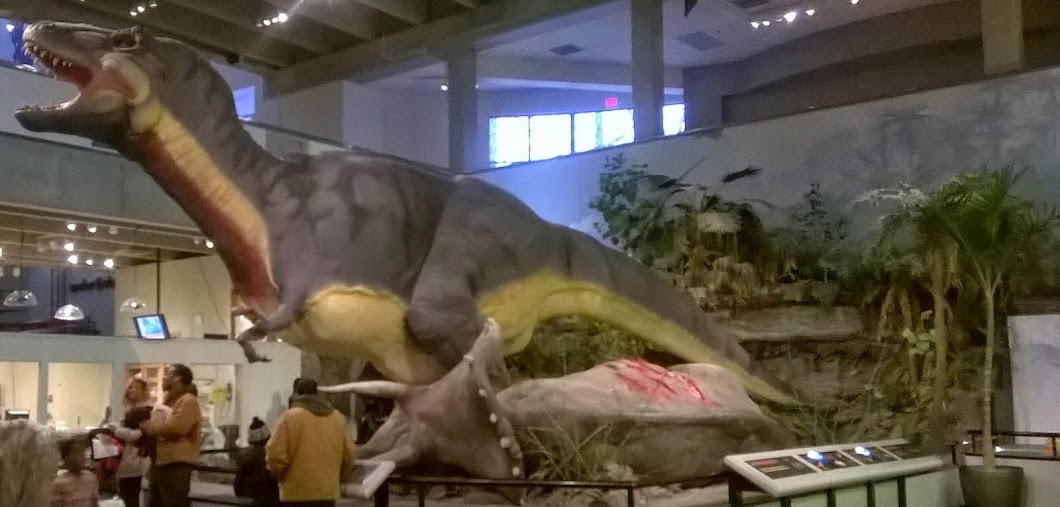Astrodon, as has been discussed, was named after a description of a couple of teeth, then renamed Astrodon johnstoni after Leidy inspected a single tooth, then bones named and described as Pleurocoelus were identified by Marsh, and then finally in 1903 John Bell Hatcher put all of the pieces of this puzzle together into one animal which was then placed as a whole under the older name of Astrodon johnstoni. Still, in the early 1990's, the J.S. McIntosh section of The Dinosauria gave the impression that Astrodon was junior to Pleurocoelus, and Texas adopted Pleurocoelus as its state dinosaur. Paul's Field Guide has additionally placed Astrodon within the Pleurocoelus genus and effectively assigned Astrodon to the trash pile. However, working under rules of the ICZN's Principle of Priority Astrodon should still be the genus name because the tooth, though a lowly tooth, was described and named prior to the naming and describing of Pleurocoelus by Marsh. Arguments and special cases can be made of course to get around the Principle of Priority, but in the case of Astrodon I have not run across any debate or discussion about such; it seems that these two authors simply regard the remains to be named Pleurocoelus rather than Astrodon. Recognition by the majority of paleontologists would be a good reason to change this, but in my personal searches it appears that Astrodon is used much more actively than Pleurocoelus by the paleo community, thus shooting down that possibility, for the foreseeable future at least. Regardless of whether your personal opinion is to go with Pleurocoelus or Astrodon for the name of this dinosaur, I think we can all agree that Gil Adams painting of a Pleurocoelus in a very Texan posturing is pretty fantastic; nigh on adorable even:
A slight addendum:
Upon further searching I have observed a general trend: Maryland and the scientists in the general area typically use Astrodon in reference to the remains and dinosaur in general whereas sources from Texas tend to use Pleurocoelus.


No comments:
Post a Comment